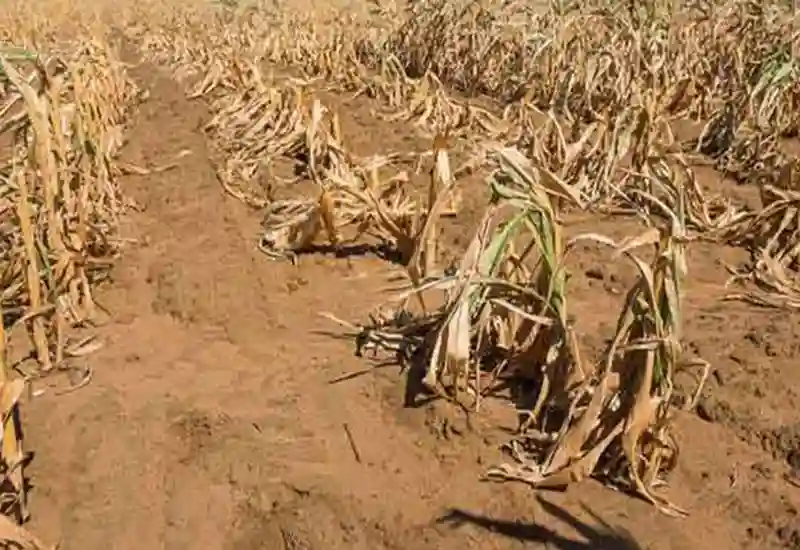Zimbabwe has received €4 million (US$3,9m) from the European Union (EU) to combat the growing food security crisis, amid uncertain weather and macroeconomic conditions.
The southern African country expects lower cereal output, especially maize and wheat crops following poor rains in the 2021/22 agricultural season.
The government says 38% of the country’s rural population, about 3.8 million people, will face hunger next year.
EU’s monetary support to Zimbabwe is part of a €600 million (US$578m) finance facility from the European Development Fund to provide assistance towards food production, humanitarian food aid and food system resilience.
The fund is targeted at vulnerable countries in Africa, the Caribbean and the Pacific (ACP), NewsDay reported.
In a statement, the EU commissioner for international partnerships Jutta Urpilainen said:
The EU’s swift and comprehensive response to the current food insecurity in several vulnerable partner countries of the African, Caribbean and Pacific area demonstrates our strong solidarity towards our partners, in particular in Africa.
It helps shoulder the consequences felt worldwide of Russia’s war of aggression against Ukraine. In the short-term we are helping families with food and nutrition assistance and helping countries to buy the food they need; as part of the Global Gateway strategy, we also work on solutions to address current and future risks by investing in local sustainable food systems to enhance resilience.
The United States Agency for International Development’s food security arm, the Famine Early Warning Systems Network, says inflation has also hampered Zimbabwean farmers.
The EU funding comes a week after the United Kingdom (UK) under its trade partnerships programme last week moved to equip horticultural farmers with digital tools to bolster their capacity to export.
The programme was also set up to allow farmers to develop export markets for their horticulture exports into the UK and EU.

